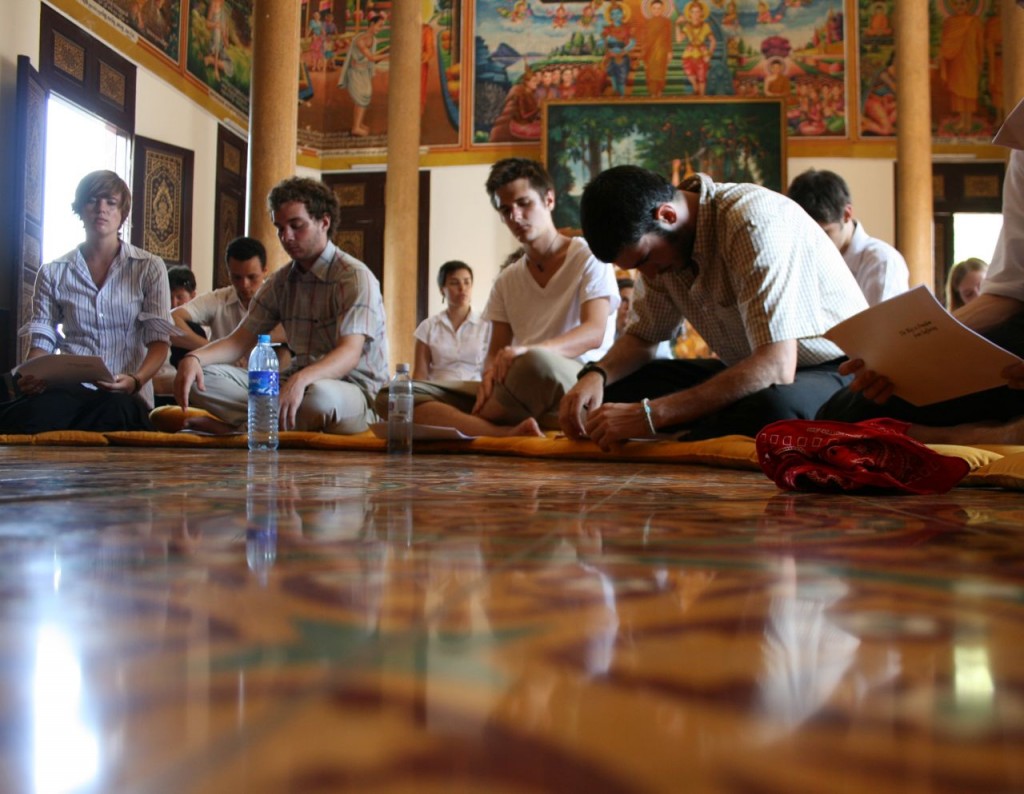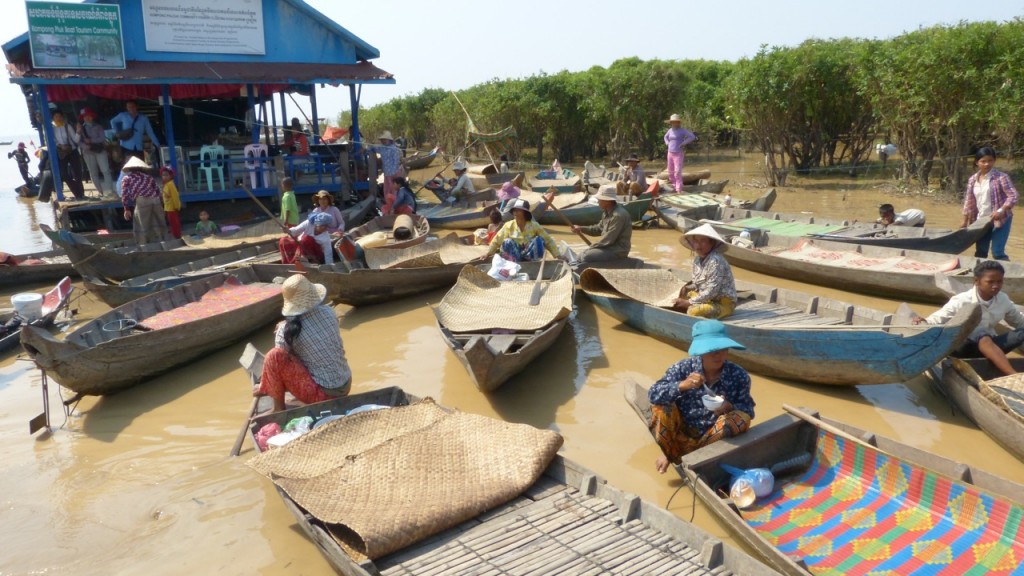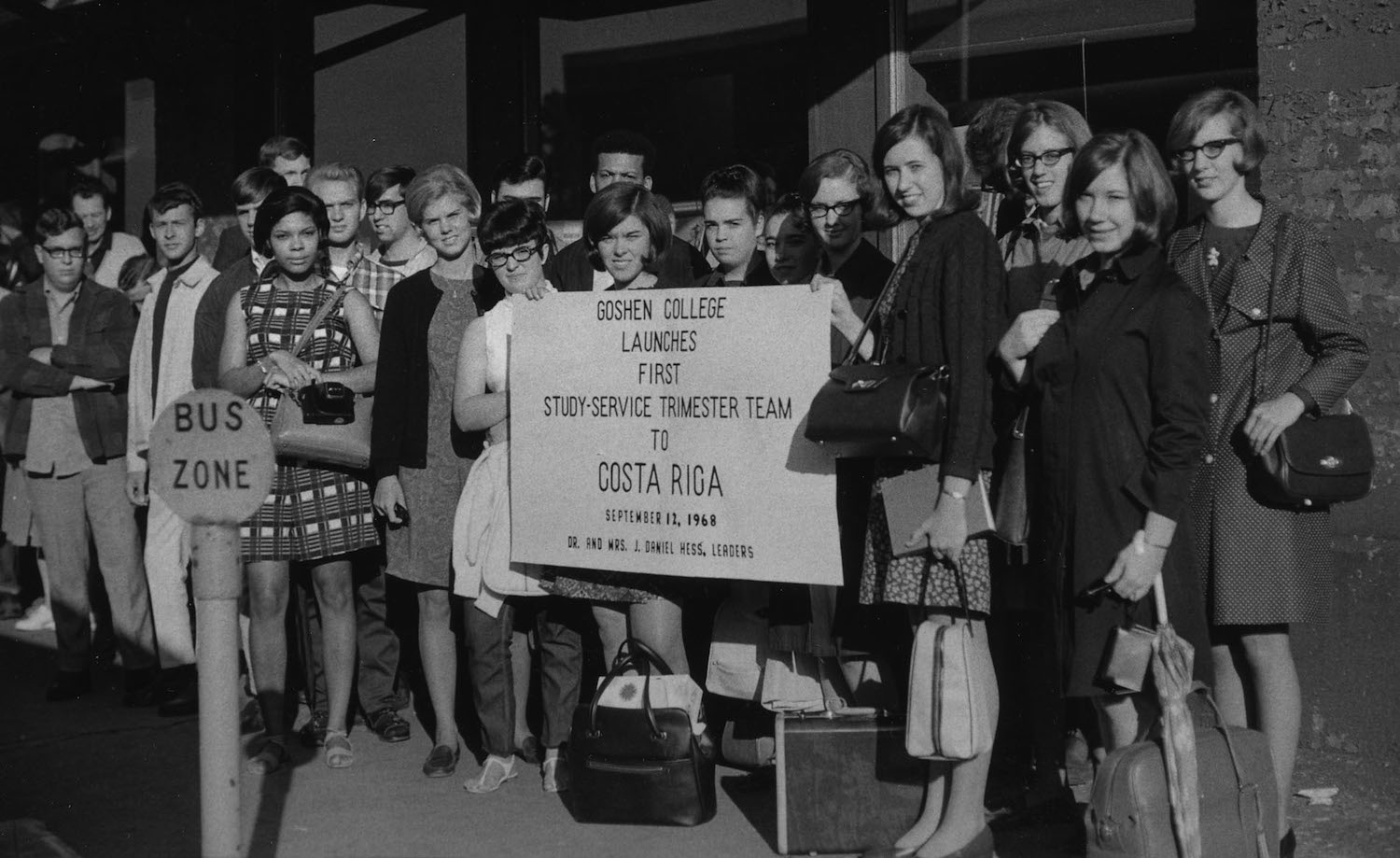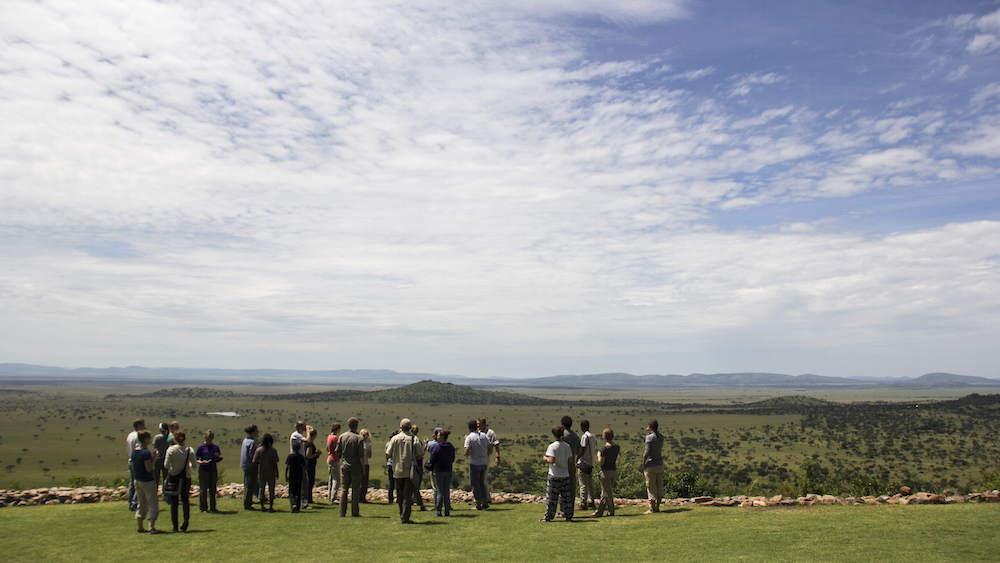Five seconds after I’m awake, I check my phone. I respond quickly to the most urgent emails, scan my 12 appointments for the day, down a quick cup of coffee and bike to my first class at 8:30 a.m. I’ll be leading design processes, teaching directing for the stage, organizing rehearsals and planning projects for the next 16 hours, before getting a little sleep and doing it all again the next day.
I am in my first year of grad school. Life wasn’t always like this.
Five and half years ago, I was sitting on a bamboo mat, looking out across endless rice fields in Cambodia’s poorest province, Prey Veng. My service days included glorious hour-long moto rides across vast fields and sitting for hours at a time listening to conversations I couldn’t understand. I was living a life supremely different from the one I am now.




